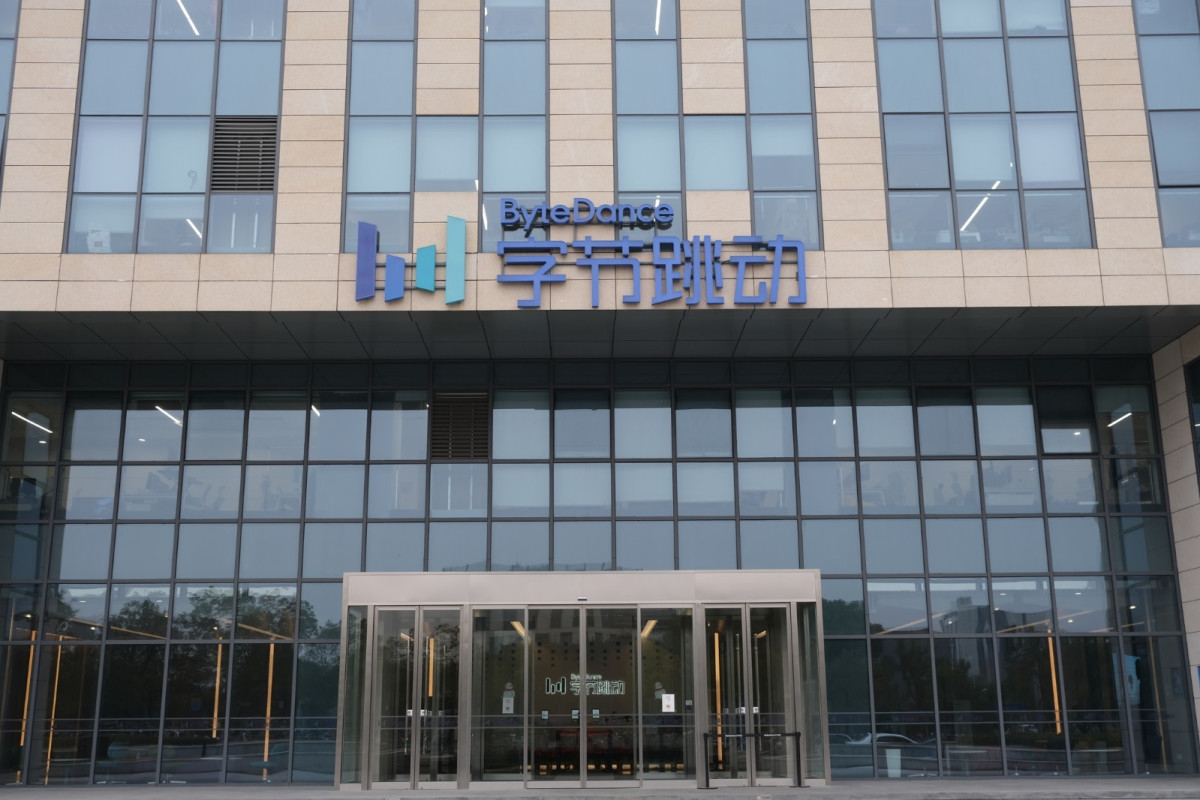Another blow to Tiktok: The Chinese video app is facing a new wave of lawsuits in the US alleging that it harms the mental health of young people by designing the platform to be highly addictive.
At the center of the lawsuits is Tiktok’s algorithm, which drives the content shown to users in the application, through the “For You” feed that displays personalized content according to the users’ interests. The lawsuits also highlight other design features that are claimed to addict children to the platform, such as the ability to scroll endlessly between contents, notifications that come with a built-in “shake”, and filters on the face that create impossible standards of appearance.
As part of the lawsuits, the District of Columbia called TikTok’s algorithm “dopamine-stimulating,” and argued that it was designed to be intentionally addictive, with the goal of trapping many young people into excessive use and keeping them on the app for many hours. Tiktok acts this way despite knowing that these behaviors will lead to “deep psychological and physiological” damage, such as anxiety, depression, and body image problems.
The plaintiffs claim that TikTok is profiting from the addiction of young people to the platform. According to them, it does not act with sufficient transparency regarding the psychological dangers it causes, despite efforts to improve the platform and protect young users.
TikTok does not allow children under the age of 13 to register for its main service, and restricts some of the content to young people under the age of 18. However, the plaintiffs claim that children can easily bypass these restrictions, thus being exposed to content that is not appropriate for their age.
At the same time as these lawsuits, allegations are also revealed that TikTok operates as a “virtual economy” without a license, in that it allows the purchase of virtual currencies called “TikTok Coins”, which can be exchanged for monetary gifts through TikTok Live. Tiktok charges a 50% commission on these transactions, but according to the plaintiffs, it is not registered as a financial entity authorized to transfer funds in the US.
In addition, TikTok is accused of sexually exploiting many young people in live broadcasts on the application, when the platform actually operates as a “virtual strip club” without age restrictions.
The purpose of the lawsuits is to stop TikTok from using these features, to impose financial penalties for its illegal conduct, and to compensate the users who were harmed by the use of the application.
TikTok is forced to face additional lawsuits related to the use of personal information of young people, exposure of inappropriate content, and transfer of data to the Chinese government.
TikTok said: “We strongly reject these claims, many of which are inaccurate and misleading. We are proud of the work we have done to protect youth and remain deeply committed to keeping them safe, as we continue to update and improve our platform. We provide strong safeguards, effectively remove Proactive accounts of users suspected of being minors, and we proactively launched default safety features on the platform such as screen time limits and privacy settings for users under the age of 16, as well as a ‘family pairing’ feature. We have been working in cooperation with the US Attorney General’s Department for over two years, and it is disappointing Very much so that they chose to act instead of continuing to work together to create constructive solutions to broad challenges in the industry.”
